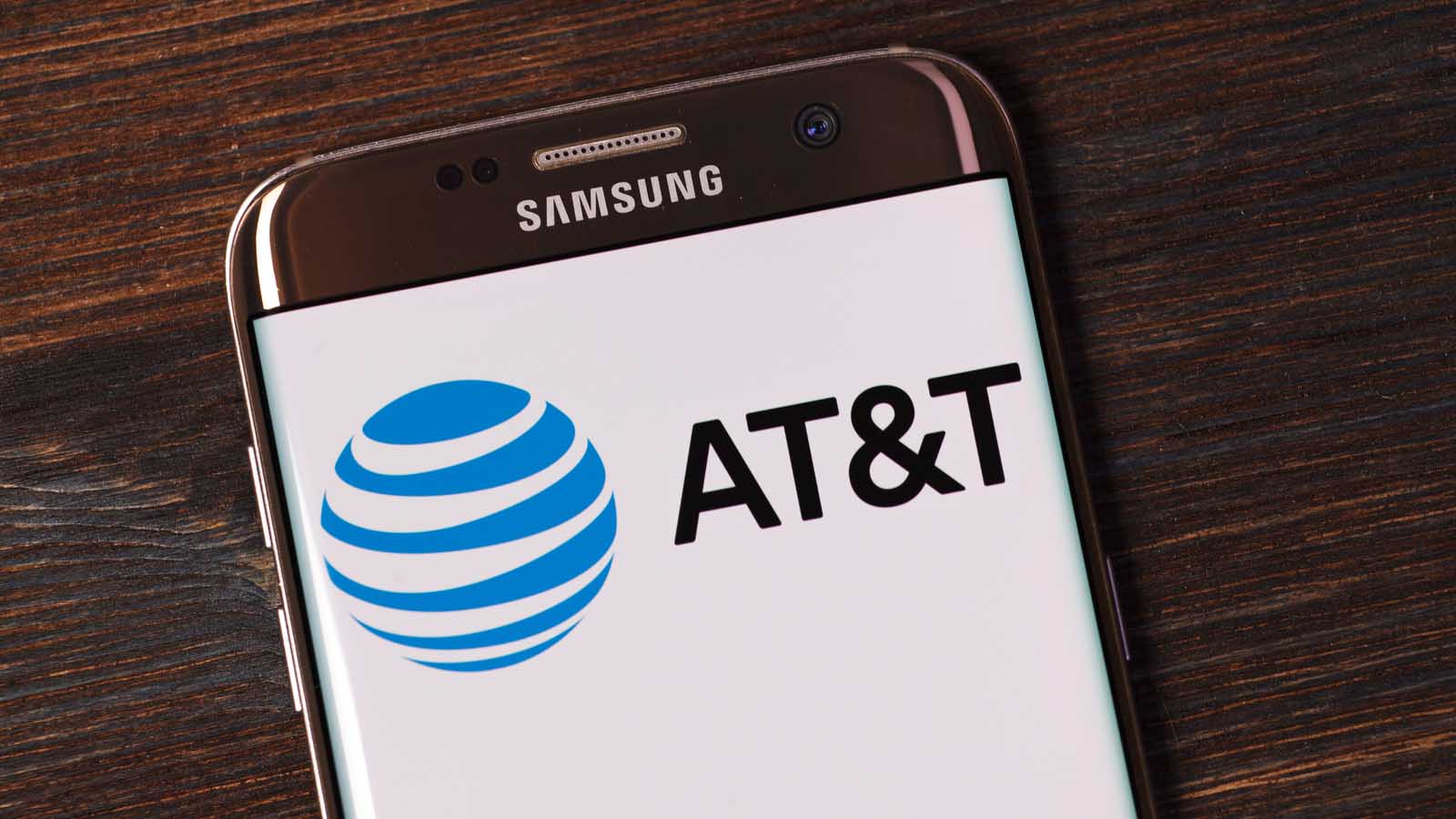2019 has been a good year for AT&T (NYSE:T) shareholders. In 2019, AT&T stock is up 35%. In comparison, the S&P 500 index is up 22%.

I believe that the earnings power of AT&T’s telecom and media-related operations as well as its robust dividend will likely propel T stock higher in 2020 and beyond. However, some profit-taking will probably negatively affect AT&T stock in the short run.
Let’s take a closer look.
AT&T Is Likely to Enjoy a Big Slice of the 5G Cake
One of the buzzwords of 2020 is expected to be 5G, the fifth generation of cellular mobile communications. 5G will raise networks’ capacity, connectivity, and speed above their current levels.
Various network providers and smartphone manufacturers have been contributing to the development of this new technology.
When it comes to networks, AT&T and Verizon (NYSE:VZ) are the top players, followed by Sprint (NYSE:S) and T-Mobile US (NASDAQ:TMUS). VZ and T also have the most subscribers among U.S. wireless carriers.
Research by Michael Peters and Tina Besley of Beijing Normal University highlights that “5G mobile technologies have become a major economic, political and security issue. 5G is commonly seen as creating a new wave of development to enable a greater interconnectivity and digital world society that can link billions of mobile devices as the networked basis for the ‘Fourth Industrial Revolution’.”
Half of the U.S. population will likely have access to 5G in 2020. And by 2024, 50% of Americans could be using 5G phones. AT&T management is expected to offer nationwide 5G in the first half of 2020.
Therefore, in the coming quarters, the owners of AT&T stock will watch for any news of progress on the 5G front by T.
The Dividend and Valuation of AT&T Stock May Support its Price
For many investors, such as retirees, who rely on passive income, dividends are important. Such investors regard dividend stocks as reliable income generators in an era of low interest rates.
A considerable amount of academic research has found a positive relationship between dividend yields and the stock price of a given company. That’s because dividend changes can be interpreted as signals by firms about their future profitability.
Recent research led by John Cotter of University College Dublin indicates that “profitability, growth opportunities and size are associated with the propensity to pay dividends. More specifically … dividend payers have higher profitability.”
AT&T stock currently has a dividend yield of 5.4%. Also, the company has a long, stable history of increasing dividends every year. Its dividend yield is likely to support T stock because institutional income fund managers and average investors will look to keep AT&T stock in their portfolios to profit from its dividends.
Finally, AT&T stock is currently trading at a forward price-earnings ratio of 10.8, while its price-sales ratio stands at 1.55. Despite the impressive annual gains of T stock, I am quite comfortable with both metrics.
Should Investors Worry About AT&T’s Media Business?
When AT&T acquired Time Warner in 2018, it entered the media sector and became a content powerhouse. HBO is one of the Time Warner assets that AT&T now owns. The media giant has recently unveiled plans for a streaming channel called HBO Max which it plans to launch in 2020. The streaming service will have a wide range of programming. And HBO Max will have the exclusive rights to many popular shows, including Friends, The Fresh Prince of Bel Air, Batwoman, and Big Little Lies.
However, it will have many huge competitors, such as Amazon (NASDAQ:AMZN), Apple (NASDAQ:AAPL), Netflix (NASDAQ:NFLX), and Walt Disney (NYSE:DIS).
When AT&T reported mixed Q3 results on Oct. 28, management said the slumping sales of the Warner Media segment was partly to blame for the negative aspects of the company’s results.
But Warner Media should enable AT&T to increase its data-driven advertising revenues. And as more ad-supported media is consumed globally, the owners of T stock may indeed see Time Warner Media boost AT&T’s financial results.
T Stock and the U.S.-China Trade Deal
On Dec. 13, the U.S. and China agreed in principle on a Phase 1 trade deal. Both sides have now decided not to impose new tariffs on Chinese goods that were slated to have taken effect on Dec. 15.
This development has made companies’ outlooks more certain. Markets are always forward-looking, and the recent gains of stock markets already reflect this agreement.
However, next year, which is also a U.S. Presidential election year, may bring other unexpected developments on the trade front.
Therefore, the owners of T stock need to remember that any adverse trade-related development could easily derail stock markets in the months ahead.
So Should Investors Buy T Stock Now?
There are several important catalysts that make AT&T stock a long-term buy. The company has a strong brand and wireless infrastructure, two factors that are likely to make it a dominant player in the 5G sphere.
On the media front, AT&T’s revenue may not necessarily grow explosively in the next few quarters. However, I expect its media and advertising businesses to contribute to its earnings starting in late 2020.
I also believe that the dividend yield of T stock, along with its favorable valuation metrics, will provide support for AT&T stock.
Yet, in the next few weeks, some investors are likely to sell T stock in order to take their profits.
Because of the impressive jump of AT&T stock in 2019, many of its technical indicators have now become overextended. And the short-term technical chart of T stock is pointing to potential near-term profit-taking.
AT&T stock probably won’t rally much more until AT&T’s next earnings report in January.
Nonetheless, in the wake of any pullbacks caused by profit-taking, investors should consider buying T stock for the long haul.
As of this writing, the author did not hold a position in any of the aforementioned securities.
